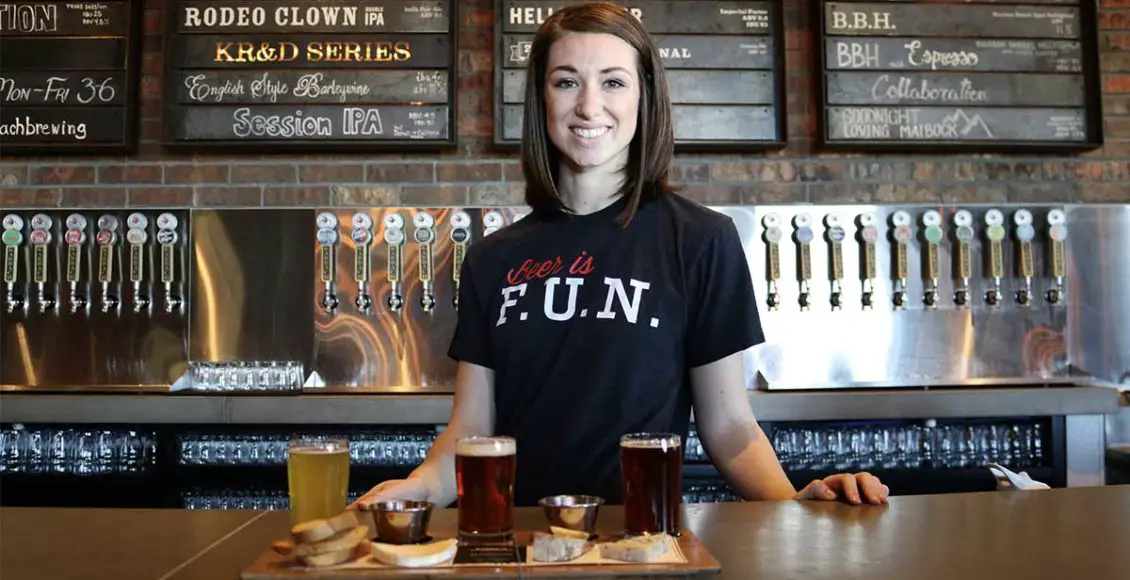Most people at some time or another have worked a customer service job. They’re not always easy jobs. In a day you can experience shoplifters, angry customers, dramatic co-workers, and ungrateful management.
But all the while, you have to have a smile on your face for the customer.
But according to a new study, being forced to fake a smile while you’re at work could be making you drink more heavily when the workday is over.
The study, which was published in the Journal of Occupational Health Psychology, examined the alcoholic drinking habits of participants who work with the public in customer service type jobs. The finding was pretty clear: workers who had to pretend to be happy and force a smile to their customers were at a greater risk for drinking when the workday came to an end.
The study was conducted via phone interview. 1,592 workers in the United States participated. Respondents said that resisting natural emotions and forcing fake emotions made them more likely to consume alcohol after work.
“Faking and suppressing emotions with customers was related to drinking beyond the stress of the job or feeling negatively,” said Alicia Grandey, a professor of psychology at Penn State and one of the study’s authors in a statement.
“It wasn’t just feeling badly that makes them reach for a drink. Instead, the more they have to control negative emotions at work, the less they are able to control their alcohol intake after work.”
“Smiling as part of your job sounds like a really positive thing, but doing it all day can be draining,” she continued.
“Employers may want to consider allowing employees to have a little more autonomy at work, like they have some kind of choice on the job.”
People with impulse control had the hardest time resisting alcohol after a day of fake smiling at their customers.
Employees who had one-time interactions with customers were also more susceptible to heavier drinking.
“If you’re impulsive or constantly told how to do your job, it may be harder to reign in your emotions all day, and when you get home, you don’t have that self-control to stop after one drink,” says Grandey.
Being rewarded financially seemed to improve the moods of people who work with customers, but “Money gives you a motivation to override your natural tendencies, but doing it all day can be wearing,” according to Grandey.


